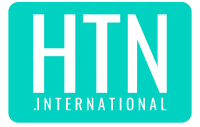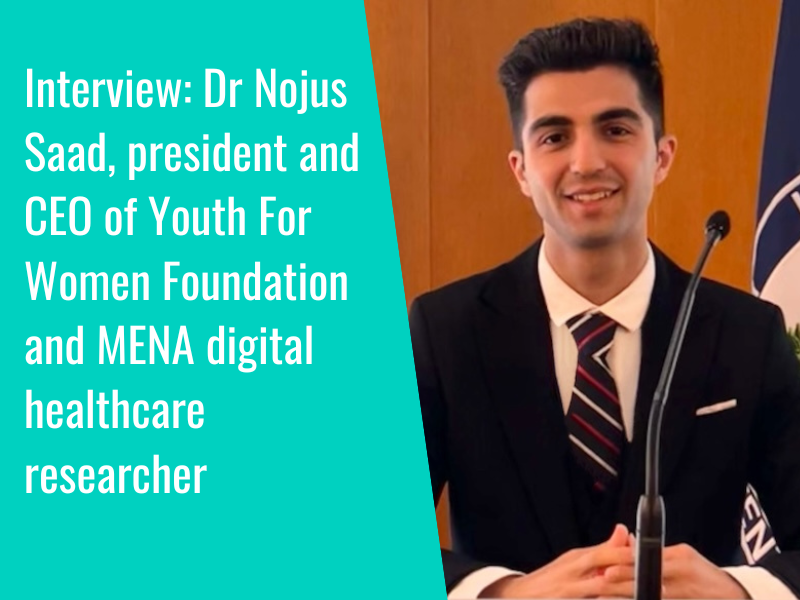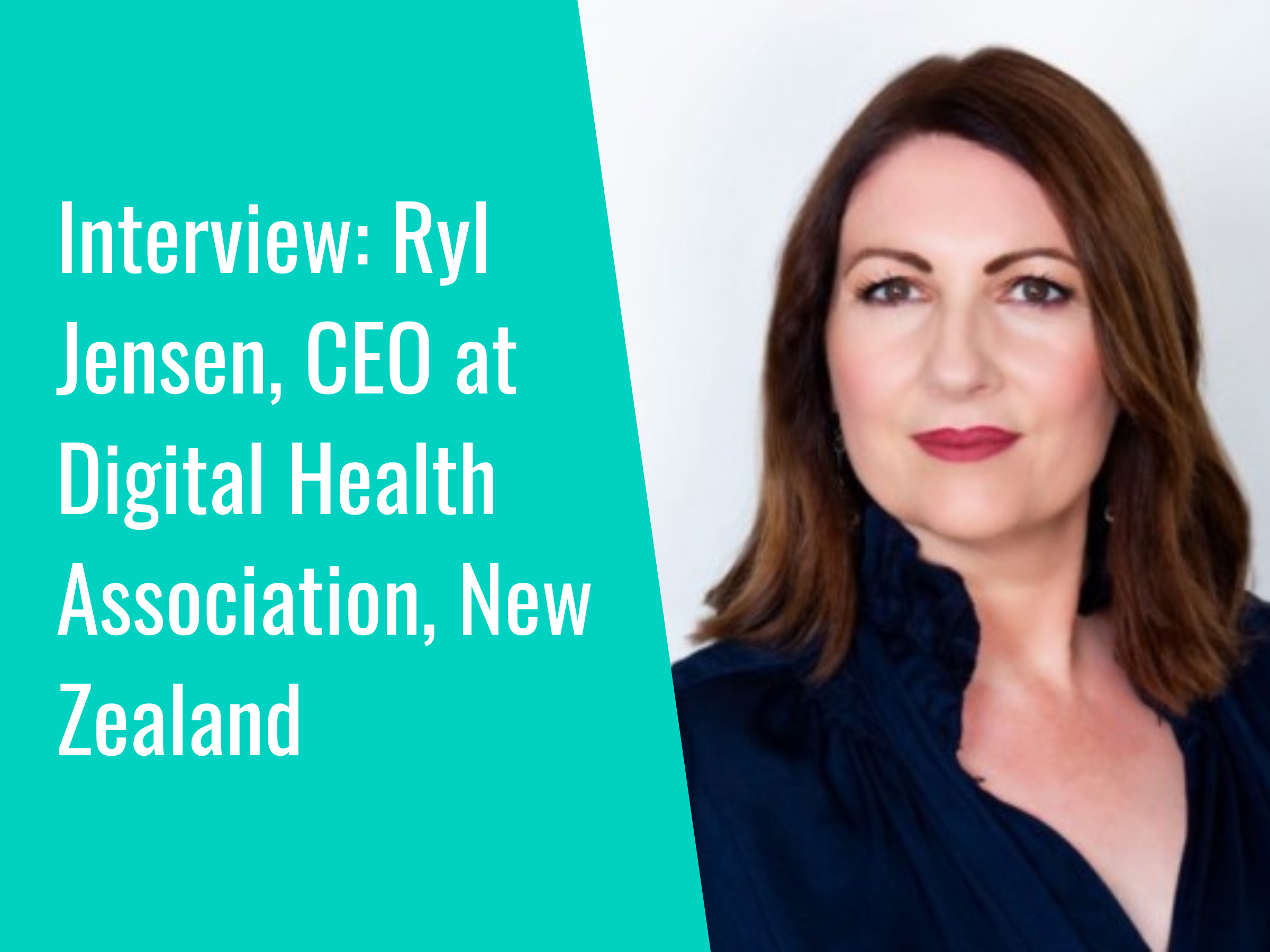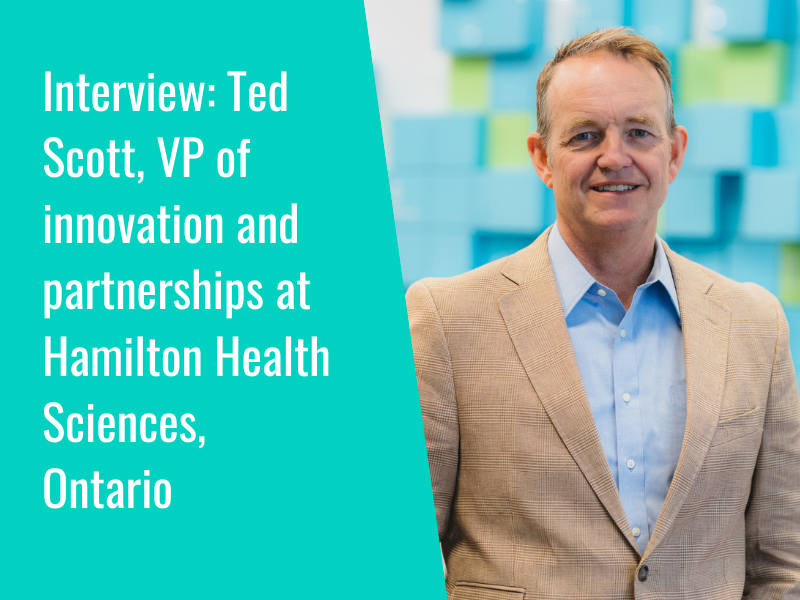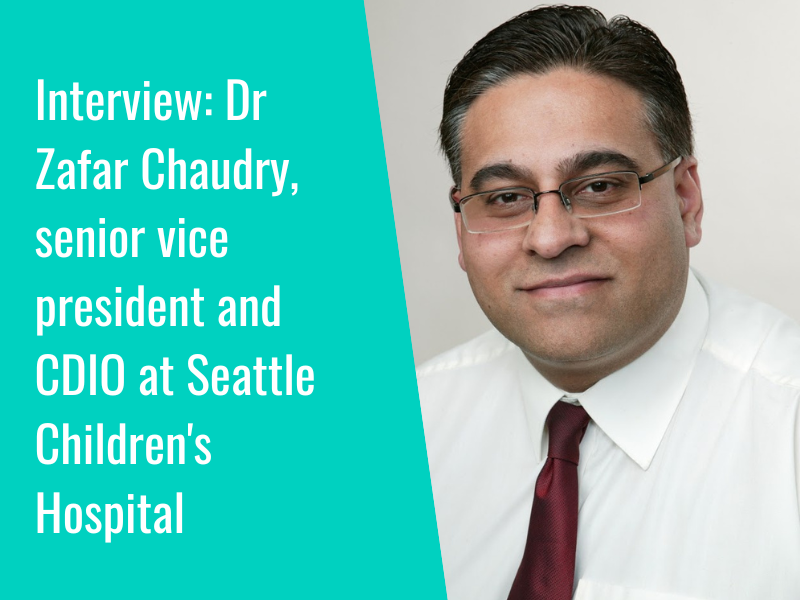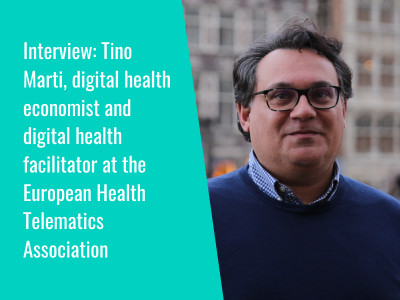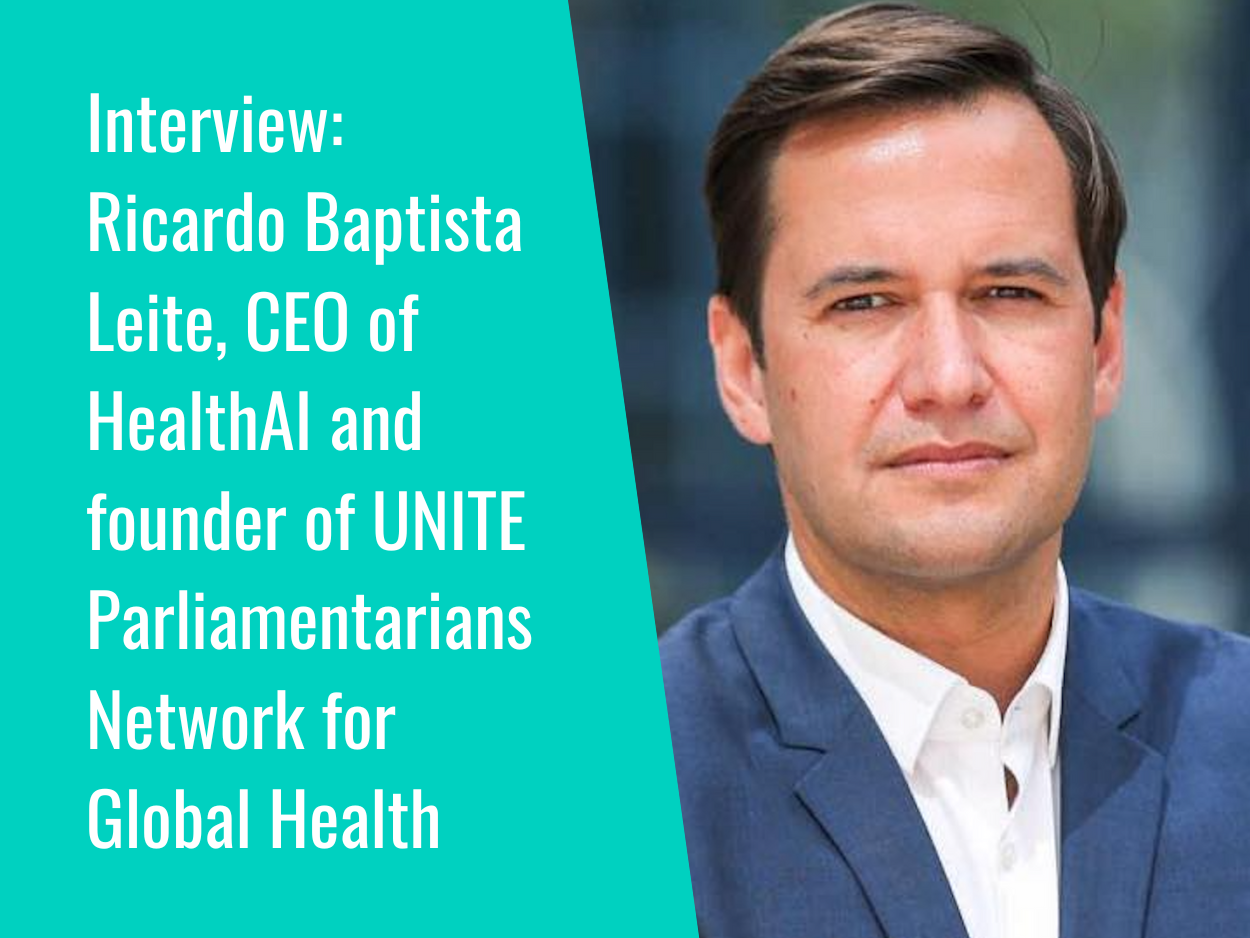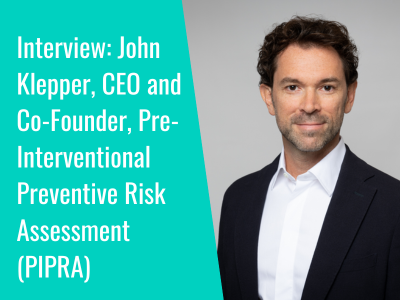WHO and UNICEF have joined forces to launch a free online course offering information and resources for healthcare providers on recognising and mitigating the risks posed to children’s health by environmental harms.
The course has been launched in recognition of what the WHO calls “a pressing need” to improve the understanding of environment-related issues in children, supporting commitments from both organisations to prioritise children’s “fundamental right” to “grow up in a safe and healthy environment”.
Dr Maria Neira, director of the department of environment, climate change and health, stated that “the need to act is clear”; citing statistics which show that “over a quarter of all disease burden among children under 5 years of age are attributed to adverse environmental conditions”.
UNICEF’s director of programme group, George Laryea-Adjei, added: “Children’s developing bodies are especially susceptible to environmental dangers, and they need our protection. Lead poisoning is a devastating example: it can lower IQ and increase violent behaviour. Health workers are on the front lines, safeguarding children from these types of risks.”
Some of the topics covered by the online course include air pollution, climate change, e-waste, lead, and pesticides, as well as examples of local initiatives and tailored training materials. The WHO highlights the “valuable insights” and “practical strategies” that participants will gain from its completion, supporting them in enhancing their capacity in this area of healthcare.
Learning outcomes for the course show that following completion, participants should be able to demonstrate a better understanding of the influence of environmental factors on children’s health; evaluate children’s “unique vulnerability” to environmental hazards; and spot the signs or symptoms associated with environmental harms.
To learn more about the course, please click here.
In related news, the World Health Organization (WHO) recently launched its Global Initiative on Digital Health (GIDH), with the initiative focusing on aligning resources for country-led digital health transformation through “strengthened collaboration and knowledge exchange” along with supporting the implementation of the Global Strategy on Digital Health 2020-2025.
- 1
- 2
